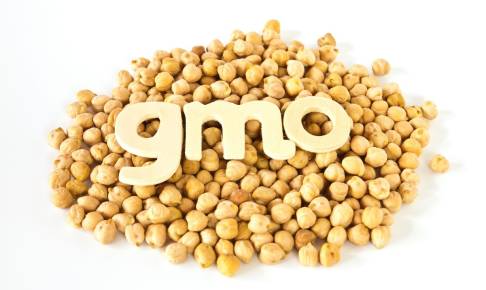FSA proposes harmonizing ethylene oxide limits in food additives with EU standards
The Food Standards Agency (FSA) has recently put forth a proposal to restrict the presence of ethylene oxide in food additives, seeking public input on this matter. The suggested limit aims to align with the standards set in Europe, ensuring food safety while providing clarity and consistency for industry stakeholders and regulatory authorities.
Ethylene oxide, a chemical substance with various applications such as sterilization and as a raw material in different products, poses potential harm and is not approved for use in food. Currently, when detected, the FSA and Food Standard Scotland (FSS) conduct case-by-case investigations and assess the associated risks.
There have been some incidents related to ethylene oxide and its breakdown product 2-chloro-ethanol in various commodities across the UK and Europe. This resulted in the EU setting a 0.1 mg/kg limit for ethylene oxide in all food additives in 2022.
One notable incident occurred in September 2020 when ethylene oxide was discovered in sesame seeds imported from India. It was suspected that the substance was used to mitigate Salmonella contamination. Later on, ethylene oxide was also found in other raw materials like herbs, spices, calcium carbonate, and gums.
This discovery prompted the largest food recall operation in the history of the European Union, as reported by the 2021 Alert and Cooperation Network (ACN). Even in 2024, recalls related to ethylene oxide contamination continue to be documented through the EU's Rapid Alert System for Food and Feed (RASFF).
In response to the incidents, the FSA and FSS recommended that businesses conduct thorough root cause analyses to pinpoint the origin of contamination and make efforts to procure ethylene oxide-free products. However, acquiring food additives without any traces of ethylene oxide has become increasingly challenging, leading to significant repercussions within the food supply chain. Investigations conducted in the UK indicate that the incidents are primarily attributed to modifications in the manufacturing processes of certain additives, that led to unavoidable contamination, rather than deliberate misuse.
The proposed limit of 0.1 mg/kg for ethylene oxide would necessitate the withdrawal of any product exceeding this threshold. Additionally, the current limit of 0.2 mg/kg for eight other food additives would also be revised if this proposal is implemented.
The FSA expressed that this proposal would eliminate discrepancies with EU regulations and provide much-needed clarity and consistency for the industry. Stakeholders have been advocating for a consistent approach, which would facilitate the sale of the same products in both the UK and EU markets.
The consultation period for this proposal and other related matters, including four novel food and three food additive applications, as well as the removal of approval for 22 food flavorings, is currently open. Stakeholders, including food businesses, producers, consumer groups, enforcement authorities, and consumers, are encouraged to provide their feedback and comments by March 25. Food Standards Scotland has also initiated a similar consultation, which will conclude on March 29. To participate in the consultation, stakeholders can submit their responses via the online survey provided by the FSA or via email. The consultation pack, containing comprehensive information and guidance, is available to facilitate the submission of informed responses.
Source:






















